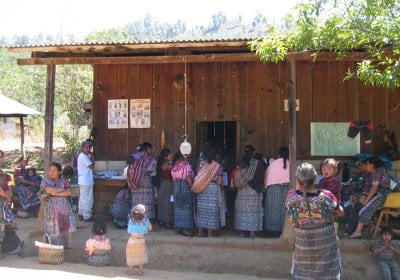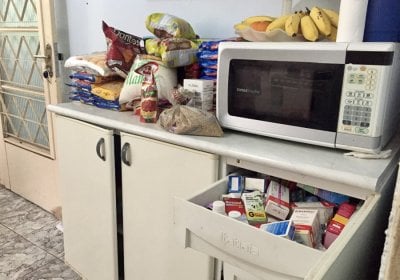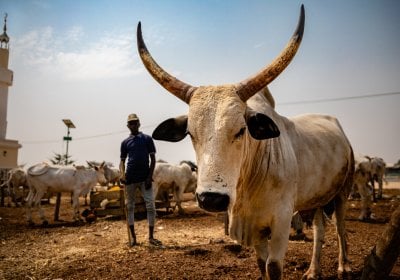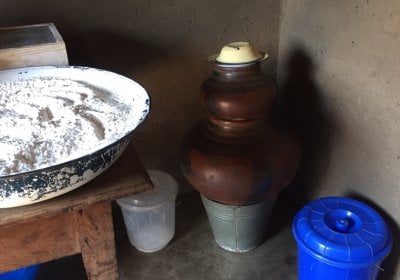Medical Anthropology Seminar: Knowledge from the South
In this seminar, Anne Pollock and Salla Sariola enter into conversation about knowledge production in the Global South. Questioning notions according to which the Global South is a site for implementation of ideas conjured elsewhere, or merely sites of resource abstraction, the two authors highlight how researchers in both South Africa and Sri Lanka actively draw networks and produce knowledge relevant to global drug development. The seminar presents Synthesizing Hope (University of Chicago Press 2019) and Research as Development (Cornell University Press 2019) in conversation, asking important questions about up and downstream drug discovery, knowledge hierarchies, and what the role of scientific knowledge production in Global South is for broader societal development.
Synthesizing Hope: Matter, Knowledge, and Place in South African Drug Discovery
Anne Pollock, Kings College London
In this talk, Anne Pollock will be presenting from her new book, Synthesizing Hope: Matter, Knowledge, and Place in South African Drug Discovery. Synthesizing Hope opens up the material and social world of pharmaceuticals by focusing on an unexpected place: iThemba Pharmaceuticals. Founded in 2009 with a name taken from the Zulu word for hope, the small South African startup with an elite international scientific board was tasked with drug discovery for tuberculosis, HIV, and malaria. Anne Pollock uses this company as an entry point for exploring how the location of scientific knowledge production matters, not only for the raw materials, production, licensing, and distribution of pharmaceuticals but also for the making of basic scientific knowledge. Consideration of this case exposes the limitations of global health frameworks that implicitly posit rich countries as the only sites of knowledge production. Analysis of iThemba identifies the problems inherent in Global North/South divides at the same time as it highlights what is at stake in who makes knowledge and where. It also provides a concrete example for consideration of the contexts and practices of postcolonial science, its constraints, and its promise. Synthesizing Hope explores the many legacies that create conditions of possibility for South African drug discovery, especially the specific form of settler colonialism characterized by apartheid and resource extraction. Paying attention to the infrastructures and laboratory processes of drug discovery underscores the materiality of pharmaceuticals from the perspective of their makers, and tracing the intellectual and material infrastructures of South African drug discovery contributes new insights about larger social, political, and economic orders.
Research as Development: Biomedical Research, Ethics, and Collaboration in Sri Lanka
Salla Sariola and Bob Simpson, University of Helsinki and Durham University
In Research as Development, Salla Sariola and Bob Simpson show how international collaboration operates in a setting that is typically portrayed as "resource-poor" and "scientifically lagging." Based on their long-term fieldwork in Sri Lanka, Sariola and Simpson bring into clear ethnographic focus the ways international scientific collaborations feature prominently in the pursuit of global health in which research operates "as" development and not merely "for" it.
The authors follow the design, inception, and practice of two clinical trials: one a global health charity funded trial and the other a pharmaceutical industry-sponsored trial. Research as Development situates these two trials within their historical, political and cultural contexts and thus counters the idea that local actors are merely passive recipients of new technical and scientific rationalities.
While social studies of clinical trials are beginning to be an established niche in academic writing, Research as Development highlights the critical and creative role that local researchers play in establishing international collaborations and making them work into locally viable forms. The volume shows how these clinical and research interactions bring about changes in culture, technologies and expertise in Sri Lanka, in contexts that have not previously been written about in any detail.
Admission
Contact




